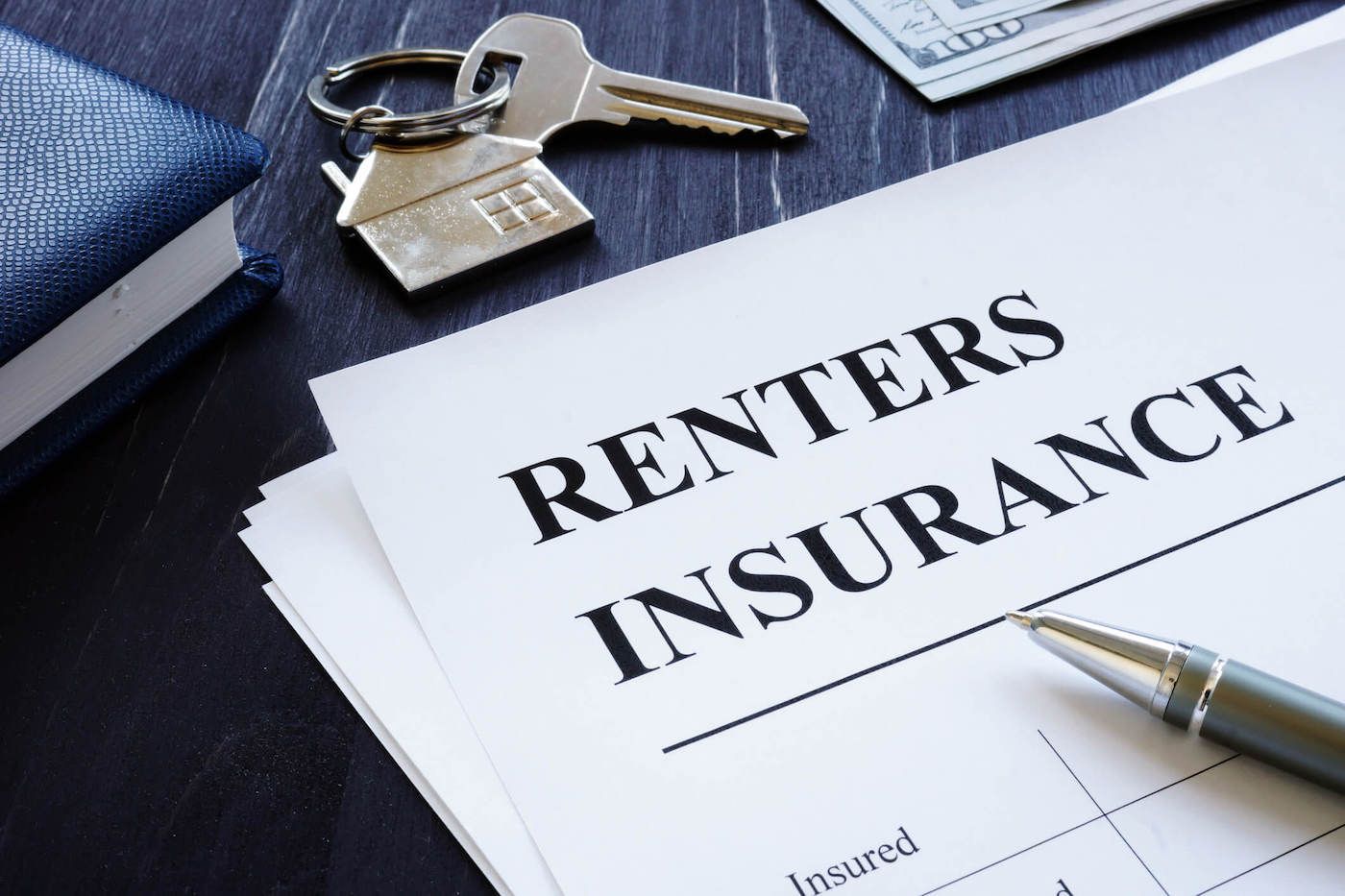Renters insurance may not be the most exciting topic, but it is crucial to protecting yourself and your belongings. In this article, we’ll explain everything you need to know about renters insurance in 2024. From understanding what it is and why you need it, to choosing the right policy and busting common myths, we can help.
What is renters insurance?
Renters insurance is insurance that provides coverage for your personal belongings, liabilities and additional living expenses if your rental property becomes uninhabitable. Unlike homeowners insurance, it does not cover the building itself, which is the landlord’s responsibility.
most important parts of the policy
Personal Property Insurance: Protects your property against risks such as fire, theft and vandalism.
Liability coverage: Provides protection if someone is injured in your home or if you accidentally damage someone else’s property.
Additional Living Expenses (ALE): Pays for temporary housing if your home becomes uninhabitable due to a covered event.
Why you need renters insurance
Protect personal belongings
Imagine a fire destroying all your belongings. Without renters insurance, replacing everything would be a huge expense. Renters insurance ensures that you do not get into financial problems.
Limitation of Liability
An accident happened. If someone sneaks into your kitchen and decides to file a lawsuit, liability insurance can help pay for legal fees and medical bills.
additional living costs
If a covered disaster forces you to leave your home, ALE can make sure you have a place to stay without having to spend a lot of money.
How renters insurance works
Premiums and deductible
You pay premiums monthly or annually to maintain your policy. When you make a claim, you must pay your deductible before your coverage takes effect. Choose a deductible you can afford, as a higher deductible usually means a lower premium.
Make a claim
If damage occurs, report it to your insurance company as soon as possible. They will guide you through the process, which often includes documenting the damage and providing receipts or estimates for repairs or replacements.
Understand policy restrictions
Every policy has a limit. This is the maximum amount your insurance company will pay for a covered loss. Make sure your limit is high enough to cover your estate and potential debts.
Type of coverage
personal property insurance
This covers the cost of repairing or replacing your personal items, such as furniture, electronics and clothing.
Limitation of Liability
Liability insurance can protect you if you are responsible for injuries to others or property damage.
Additional coverage for living expenses
ALE covers hotel stays, restaurant meals and other living expenses if a covered event makes your home uninhabitable.
Determine the correct coverage
Assess the value of your property
Make an inventory of your belongings and estimate their value. This can help determine the amount of personal property coverage you need.
Assess potential risks
Consider the risks in your area, such as natural disasters or high crime rates, to ensure your policy covers these situations.
Consult an insurance agent
An insurance agent can help you tailor your coverage to your specific needs and understand potential gaps.
Common misconceptions about renters insurance
“My landlord’s insurance covers me”
Your landlord’s policy covers the building, but not your personal belongings or liabilities.
“Renters insurance is too expensive”
Renters insurance is surprisingly affordable, often less than the cost of a daily cup of coffee.
‘I don’t have enough to guarantee’
Even the smallest possessions can increase in value. With renters insurance you can be sure that you will be left with nothing after damage.
How do you choose renters insurance?
Compare different providers
Shop around and compare quotes from different insurance companies. Find the best balance between coverage and costs.
Read the fine print
Understand what your policy covers and any exclusions. Pay attention to the fine print to avoid surprises.
Customer reviews and ratings
View reviews and ratings to gauge the experiences of other customers. This can give you insight into the reliability of your insurer.
Renters insurance and natural disasters
flood coverage
Standard renters insurance does not cover flood damage. If you are in a flood-prone area, consider purchasing separate flood insurance.
earthquake insurance
As with floods, earthquakes require separate insurance. Assess your risk and consider adding it to your policy.
Storm and fire coverage
Most standard policies cover damage from storms and fires, but check your policy details to be sure.
Additional coverage options
Protection of valuables
If you own valuables, such as jewelry or art, consider additional coverage beyond your standard policy limits.
Identity theft protection
Some insurance companies offer identity theft protection, which can help cover the costs of restoring your identity.
Coverage for damage to pets
If your pet causes damage to your rental property, this coverage can help pay for repairs.
Frequently asked questions about renters insurance
What does renters insurance cover?
It covers personal property, liability and additional living expenses incurred as a result of a covered event.
Is renters insurance mandatory?
Although not required by law, some landlords may require this as part of the rental agreement.
How much does renters insurance cost?
Costs vary, but typically range from $15 to $30 per month.
Can I get renters insurance with bad credit?
Yes, but a lower credit score can result in higher premiums.
Does renters insurance cover roommates?
Each household member must have his or her own insurance to ensure that his or her assets and liabilities are fully covered.
finally
Renters insurance is a small investment that will give you peace of mind. By understanding what this covers and how to choose the right policy, you can protect yourself and your property from the unexpected. Don’t fall for the common misconceptions: renters insurance is affordable and essential for every renter.

